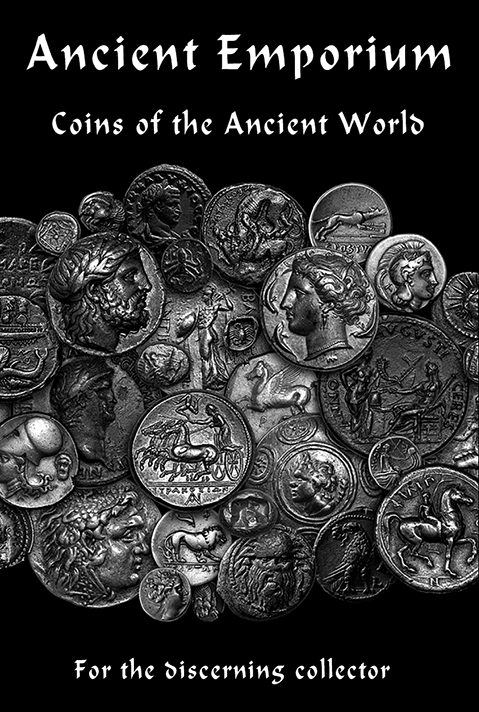The excavations at the ancient Greek city of Bathonea in Istanbul kicked for the year 2023 as significant traces of two ancient harbours and an ancient lighthouse submerged in the lake were discovered.
This remarkable find marks the identification of the second ancient lighthouse in Turkey after Patara, the ancient city known as the “cradle of civilizations” since it houses many relics from the Romans to the Ottoman Empire.

The excavations in Bathonea, in a suburb of Istanbul known as Küçükçekmece, are being done by the Culture and Tourism Ministry and Kocaeli University under the supervision of Şengül Aydıngün, an archaeologist at the university, aiming to reveal and preserve the historical and archaeological heritage within the Küçükçekmece Lake Basin in Avcılar district.
The Bathonea ancient city also bore the first traces of the Hittites on the European continent, as well as the Thracian/Phrygian tribes, the existence of which was contested until these findings proved they migrated from the Bosporus to Anatolia 3,000 years ago.

The excavation head Şengül Aydıngün spoke during a meeting at the site: “Our excavations take place at three points on the peninsula known as the Firuzköy peninsula in Avcılar: The Great Harbour at the end of the peninsula, the Small Harbour in the middle, and the ‘inner wall’ area located in the northern part, where we conducted our excavations this year with 120 scientists. We can say that the Bathonea excavations host one of the largest scientific teams in our country, composed of internationally powerful scientists.”
“In addition, I would like to underline the great importance of physical labour in archaeological excavations, and we express our gratitude to every worker who wields a shovel, throws soil, and carries wheelbarrows; their contributions are very valuable. We also express our thanks once again to Mercedes-Benz, with whom we are delighted to be together, and we hope this beautiful collaboration continues for many years.”

The excavations of Bathonea Ancient City began with surface research in 2007. The work was converted into scientific excavations in 2009 with the permission of the Ministry of Culture and Tourism and the financial support of the Istanbul Governorship under the leadership of Şengül Aydıngün.
Based on the research results in 2009, the American Archaeology Institute, the British Independent newspaper and the publication Heritage Key included the excavation site in the “Top Ten List of the World’s Most Important Archaeological Discoveries” of that year.

Since 2011-2012, the actual excavations have begun, revealing ancient harbour structures, a large open cistern believed to be commissioned by Emperor Constantine the Great (AD 330), the remains of a castle, a large palace complex with mosaic-covered floors, underground water channels, and ancient roads.
The small objects, ceramics, and amphoras found within these structures have shown evidence of intense maritime trade between various ancient centers from the western to eastern Mediterranean (Spain, Italy, Sicily, Morocco, Egypt, Lebanon, Phoenicia, Syria and the Aegean Islands) from the 6th century BC to the 6th century AD.



